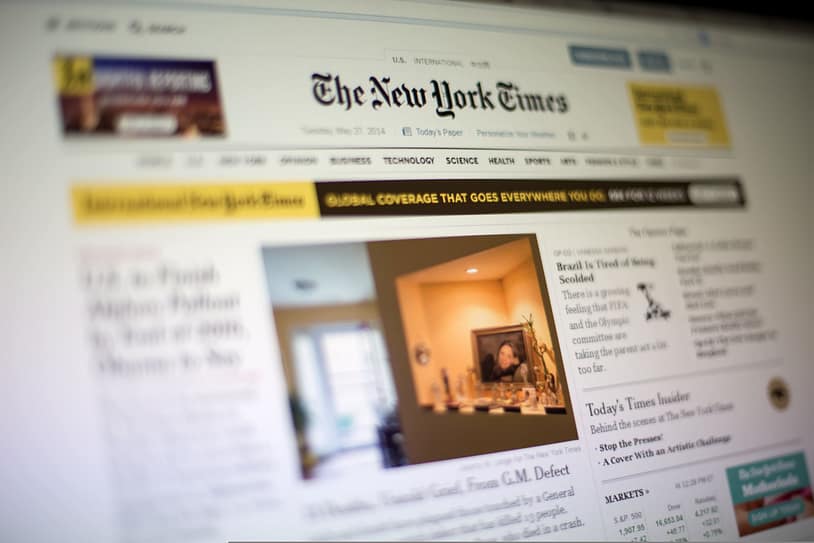The New York Times filed a case against OpenAI and Microsoft due to violations of content copyrights. The publication has filed the lawsuit in the Federal District Court in Manhattan. The lawsuit brings to light the increased use of renowned companies’ content for AI model training.
The Lawsuit against OpenAI
Recently, the renowned media company The New York Times sued OpenAI. Not to mention, the lawsuit also includes Microsoft due to their partnerships. The company has released a 69-page document that includes numerous breaches with proof.
Furthermore, the NYT claims that the AI models have been using their articles as the preferred source for information. Also, they have attached proofs where ChatGPT reproduced the same content from the NYT’s website. By doing so, these models trained themselves and sometimes even manipulated the content, giving credit to NYT.
Additionally, the manipulation of content removes the need for readers to visit the New York Times website. Further reducing the number of daily readers and revenue. Besides, the use of NYT’s content without permission is a mass copyright infringement.
The New York Times Negotiations
The company tried to negotiate with OpenAI to conclude. However, the negotiations were unsuccessful, and hence NYT decided to file the lawsuit. According to OpenAI, the use of NYT’s content was “fair use” due to its reframing nature.
The lawsuit presents how the NYT’s content is available in public datasets like WebText2. Companies use this dataset to train AI models. What’s more, the outputs that ChatGPT produced were more than the limited usage occurring in the search engine results.
Notably, since Microsoft has partnered with OpenAI for various projects, both are responsible for the illegal use of NYT’s content. The company has shown proof of word-to-word reproduction of its website’s content.
Finally, with the lawsuit against OpenAI, AI model training and development have come to a turning point. This could be a huge challenge for big tech companies that are seeking data from renowned companies to train their AI models. As the case proceeds, we might see some new developments in the AI and tech domains.




